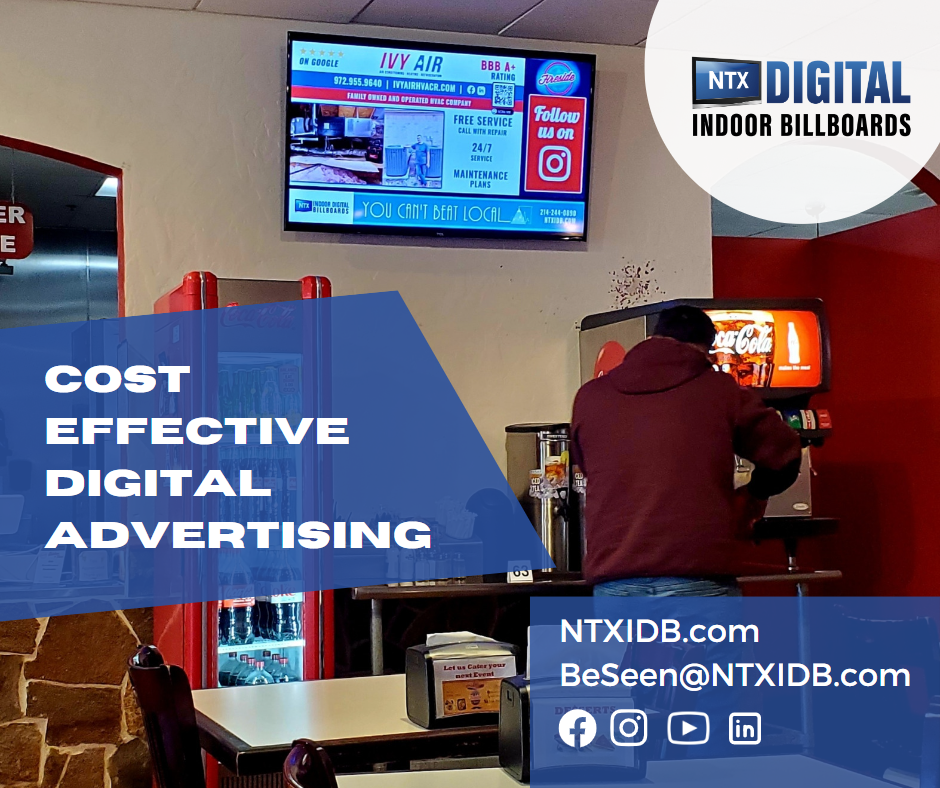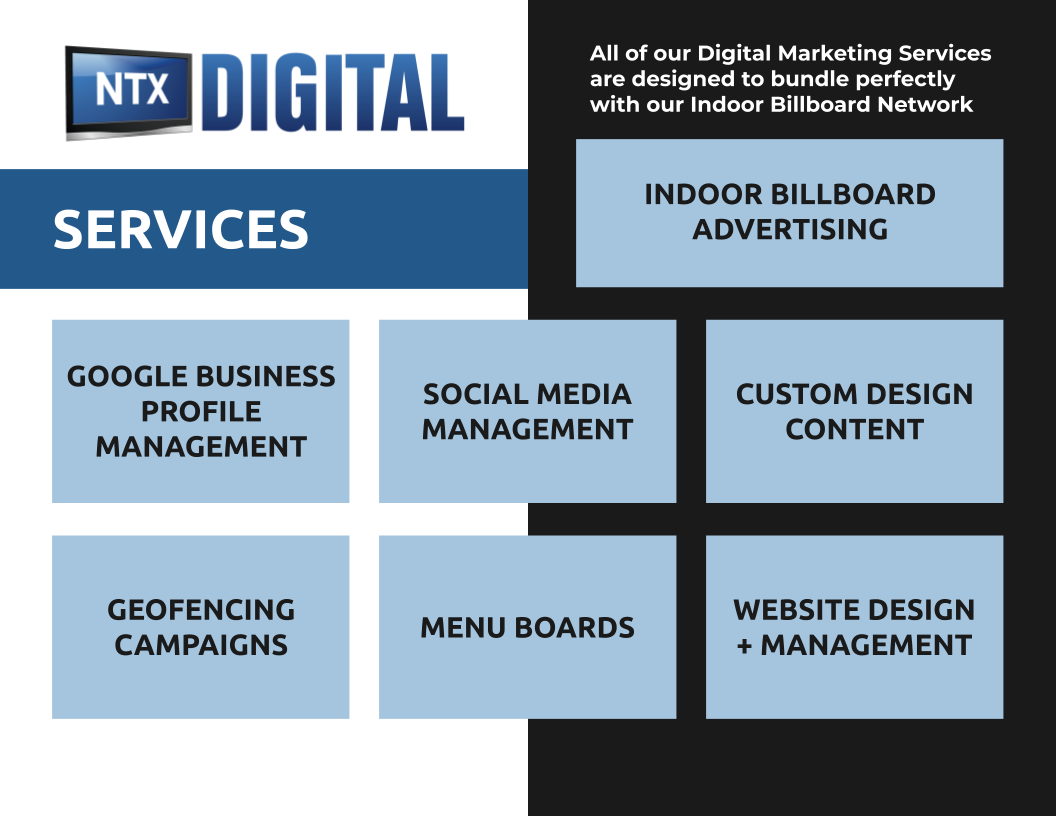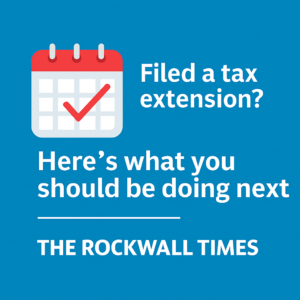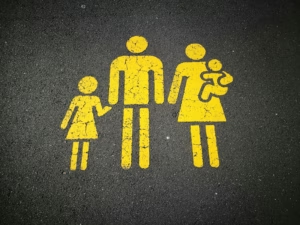For many Rockwall residents—whether you’re a small business owner in downtown Rockwall, a freelancer in Fate, or a side-gigger in Heath—the question often arises: Do I need to pay estimated taxes?
The short answer: Yes—if you expect to owe $1,000 or more in taxes after deductions. Let’s break this down into manageable steps so you can avoid surprises come tax season.
Why Are Estimated Taxes Necessary?
The U.S. operates on a pay-as-you-go tax system, meaning taxes are due as income is earned. If you work a traditional W-2 job, your employer handles tax withholding for you. But if you’re self-employed, a contractor, or earn income outside regular employment, you’re on the hook for managing this process.
Who Needs to Pay Estimated Taxes?
If your Rockwall business, gig, or side income is growing, here’s who needs to pay:
- Small Business Owners: Whether you own a shop on the square or provide handyman services, the IRS considers you self-employed. You owe both income tax and self-employment tax (covering Social Security and Medicare).
- Side Hustlers and Freelancers: If your side gig earns enough to surpass $1,000 in net income after deductions, it’s time to start planning for estimated taxes.
- Independent Contractors: If you work without tax withholding—say, as a contractor for local construction projects—you’ll need to pay taxes quarterly.
Tip: If you’re unsure, consult a tax professional to avoid penalties.
How to Calculate and Pay Estimated Taxes
Estimate Your Taxable Income:
Calculate your income after deductions, such as business expenses or available credits.
Set Aside a Percentage:
A good rule of thumb is to save 25-30% of your income for taxes. Consider opening a separate bank account just for taxes so you won’t accidentally dip into it for business expenses.
Know Your Deadlines:
Mark these quarterly due dates on your calendar:
- Q1: April 15
- Q2: June 15
- Q3: September 15
- Q4: January 15 (of the following year)
Pro Tip: The deadlines shift slightly if they fall on a weekend or holiday, so double-check the exact dates.
Make Your Payments Online:
The IRS makes it easy with tools like:
- The IRS mobile app
- IRS Direct Pay
- Electronic Federal Tax Payment System (EFTPS)
What Happens If You Don’t Pay?
Missing estimated tax payments can lead to:
Backup Withholding: In extreme cases, payers can be forced to withhold taxes at a flat 24% rate.
Underpayment Penalties: The IRS charges fees if you owe too much at the end of the year.
Interest Accumulation: Unpaid taxes accrue interest, costing you more over time.
Brass Tax Moment
Estimated taxes don’t need to be intimidating. By planning ahead and taking small, proactive steps, you can manage your tax obligations with ease. Whether you’re building a business in Rockwall or earning extra income through a side gig, paying estimated taxes ensures compliance and financial peace of mind.
About the Author

Based in Rockwall, Texas, Karena Burgess brings over 18 years of financial experience, including 8 years on active military duty and 10 years with the Department of Defense. As an IRS Enrolled Agent (EA) and Certified Tax Resolution Specialist (CTRS), Karena specializes in solving complex tax issues and helping individuals stay on track with the IRS.
Contact:





































